To solve the AC compressor squealing, check the belt tension and condition. Replace worn belts and adjust tension as needed. Lubricate pulleys and ensure proper alignment. If the noise persists, consult a mechanic for further inspection.
Is your AC compressor squealing like a rusty hinge? Don’t sweat it – you’re not alone. That high-pitched noise can be quite alarming, but fear not! Understanding the reasons behind AC compressor squealing is the first step toward resolving the issue. In this beginner-friendly guide, we’ll demystify the causes of AC compressor squealing and offer practical tips on how to address this common HVAC concern. So, let’s dive in and silence that pesky squeal for good!
Understanding AC Compressor Squealing
AC compressor squealing refers to the high-pitched noise emitted by the air conditioning compressor in a vehicle or HVAC system. It typically indicates mechanical issues such as worn-out bearings, damaged belts, or lack of lubrication.
Squealing can also result from excessive pressure in the system or a malfunctioning compressor clutch. Ignoring the squealing may lead to further damage to the compressor or other components, potentially resulting in costly repairs.
It’s crucial to address the squealing promptly by inspecting and servicing the AC system to maintain its efficiency and prevent potential breakdowns.
Causes of AC compressor squealing:
AC compressor squealing can be a distressing sound for any vehicle owner. When you hear the unmistakable squeal emanating from your AC compressor, it’s essential to investigate the root cause promptly to prevent further damage. There are several potential culprits behind AC compressor squealing, each requiring specific attention and resolution.
Belt issues:
One of the most common reasons for AC compressor squealing is belt issues. Over time, the AC compressor belt can wear out, become misaligned, or develop cracks, leading to a squealing noise when the AC system is engaged. The squealing sound occurs as the belt slips on the pulleys due to inadequate tension or improper alignment.
Regular inspection and maintenance of the AC compressor belt can help prevent such issues. If you hear the AC compressor squealing, check the condition of the belt for signs of wear and tear, and adjust or replace it as necessary to restore proper functionality.
AC compressor squealing due to belt issues is often accompanied by a noticeable decrease in cooling efficiency. Ignoring belt-related problems can lead to complete belt failure, resulting in the loss of AC functionality altogether. Therefore, addressing belt issues promptly is crucial to avoid costly repairs and ensure optimal performance of the AC system.
Lack of lubrication:
Another factor that can contribute to AC compressor squealing is a lack of lubrication. The compressor relies on lubricating oil to reduce friction and facilitate smooth operation of its internal components. However, if the compressor is running low on oil or if the oil has become contaminated, it can lead to increased friction and squealing noises during operation.
Regular maintenance, including checking the oil level and quality, is essential to prevent lubrication-related issues in the AC compressor. If you notice the AC compressor squealing, inspect the compressor for any signs of oil leaks or insufficient lubrication. Adding the appropriate amount and type of oil can help resolve the squealing noise and prevent further damage to the compressor.
Mechanical problems:
AC compressor squealing may also indicate underlying mechanical problems within the compressor itself. Faulty bearings, worn-out components, or internal damage can all contribute to abnormal noises during operation. As the compressor struggles to function properly, it may produce squealing sounds as a result of increased friction and strain on its mechanical parts.
Diagnosing mechanical issues requires a thorough inspection of the AC compressor by a qualified technician. They can identify any damaged or worn-out components and recommend the necessary repairs or replacements. Ignoring mechanical problems can lead to further damage to the compressor and other AC system components, resulting in more extensive and costly repairs down the line.
Electrical issues:
In some cases, AC compressor squealing may be caused by electrical issues rather than mechanical or belt-related problems. Faulty wiring, damaged connectors, or malfunctioning electrical components can disrupt the proper functioning of the compressor and result in abnormal noises during operation.
When troubleshooting AC compressor squealing, it’s essential to inspect the electrical system for any signs of damage or malfunction. Testing the electrical connections, relays, and sensors can help pinpoint the source of the problem and facilitate the necessary repairs or replacements. Addressing electrical issues promptly can prevent further damage to the compressor and ensure the reliable operation of the AC system.
Other potential causes:
In addition to the common causes mentioned above, several other factors can contribute to AC compressor squealing. These include:
Refrigerant leaks:
Low refrigerant levels can affect the performance of the AC compressor and lead to abnormal noises during operation. Detecting and repairing refrigerant leaks is essential to maintain proper AC functionality and prevent compressor damage.
Contaminated refrigerant:
If the refrigerant becomes contaminated with moisture or debris, it can compromise the performance of the AC compressor and result in squealing noises. Flushing and replacing the refrigerant can help resolve this issue and restore optimal AC operation.
Overheating:
Excessive heat buildup in the AC compressor can cause components to expand and contract, leading to squealing noises during operation. Proper ventilation and cooling are essential to prevent overheating and ensure the reliable performance of the compressor.
Steps to diagnose the source of the squealing:
Diagnosing the source of an irritating squealing noise in your car can be a daunting task, but fear not, as there are systematic steps you can take to identify and address the issue. One common culprit for such a sound is the AC compressor squealing, which can stem from various factors. Let’s delve into the steps to pinpoint the root cause of this discomforting noise and put an end to it.
Listening to the Sound:
The first step in diagnosing any unusual noise in your vehicle is simply listening. Start your car and pay close attention to when the squealing occurs. If it happens when you turn on your air conditioning, there’s a high probability that the AC compressor is the source of the noise. AC compressor squealing tends to manifest when the compressor is under strain or malfunctioning.
“AC compressor squealing” might become more evident as you increase the volume of your car’s HVAC system. The high-pitched noise can be quite unmistakable and can often be heard even when driving at low speeds.
Visual Inspection:
Once you’ve identified the general vicinity of the noise, conduct a visual inspection under the hood. Look for any obvious signs of damage or wear around the AC compressor. Check for loose bolts, damaged belts, or any leaks around the compressor or associated components. Any visible damage could indicate a potential issue contributing to the AC compressor squealing.
A thorough inspection might reveal worn-out pulleys or misaligned belts, which are common causes of AC compressor squealing. Additionally, look for any debris lodged in the belt drive system, as this can also lead to squealing noises.
Checking Belt Tension:
One of the primary reasons for AC compressor squealing is improper belt tension. Belts that are too loose or too tight can cause the compressor to squeal when engaged. Use a tension gauge to measure the tension of the AC compressor belt. Refer to your vehicle’s manual for the appropriate tension specifications. Adjust the tension as necessary to ensure it falls within the recommended range.
Keep in mind that over time, belts can stretch or wear out, leading to decreased tension and an increased likelihood of AC compressor squealing. If the belt appears cracked, frayed, or excessively worn, it’s best to replace it altogether to prevent future issues.
Inspect the belt for signs of glazing or polishing, as this can indicate slippage, another potential cause of AC compressor squealing. A slipping belt not only produces noise but also compromises the efficiency of the AC system.
Inspecting for Leaks:
Leaks in the AC system can result in decreased refrigerant levels, causing the compressor to work harder and potentially emit a squealing noise. Inspect the AC compressor, hoses, and connections for any signs of refrigerant leaks, such as oily residue or visible fluid. A UV dye kit can be used to detect leaks more effectively.
Addressing any leaks promptly not only resolves the AC compressor squealing but also ensures the proper functioning of your vehicle’s air conditioning system. Remember that low refrigerant levels can lead to compressor damage if left unattended.
Consulting a Professional if Unsure:
If you’re unable to identify the source of the AC compressor squealing or if you’re uncomfortable performing the diagnosis and repairs yourself, don’t hesitate to seek professional assistance. An experienced mechanic can conduct a comprehensive inspection of your vehicle’s AC system and pinpoint the exact cause of the noise.
Professional mechanics have the expertise and specialized tools to diagnose and repair AC compressor issues efficiently. They can also provide valuable insights and recommendations for preventing future problems with your vehicle’s air conditioning system.
DIY Solutions for AC Compressor Squealing
AC compressor squealing can be a bothersome issue, disrupting the comfort of your home and potentially signaling underlying problems with your air conditioning system. However, before you rush to call a professional, there are several do-it-yourself solutions you can try to address the problem. By taking proactive steps to maintain and troubleshoot your AC compressor, you can often resolve squealing issues and ensure your system continues to operate efficiently.
Adjusting or Replacing Belts
One common cause of AC compressor squealing is worn or misaligned belts. Over time, belts can become loose or develop cracks, leading to slipping and squealing noises when the compressor engages. To address this issue, start by inspecting the belts for signs of wear or damage. If you notice any issues, you can try adjusting the tension of the belts or replacing them altogether.
To adjust the tension, locate the belt tensioner and use the appropriate tools to tighten or loosen the belt as needed. Be sure to refer to your air conditioner’s manual for specific instructions on belt adjustment. If the belts are severely worn or damaged, it’s best to replace them entirely to prevent further issues with the AC compressor squealing.
Lubricating Moving Parts
Proper lubrication is essential for the smooth operation of your AC compressor’s moving parts. Over time, friction can cause components to wear down and produce squealing noises. To address this issue, you can lubricate the moving parts of the compressor using a suitable lubricant recommended by the manufacturer.
Start by locating the lubrication points on the compressor, typically indicated by grease fittings or oil ports. Apply the lubricant carefully to ensure thorough coverage of the moving parts. Be sure to use the appropriate type and amount of lubricant specified for your particular compressor model. Regular lubrication can help reduce friction and prevent the AC compressor from squealing.
Cleaning Debris from the Compressor
Another common cause of AC compressor squealing is the accumulation of debris around the unit. Dirt, leaves, and other debris can obstruct airflow and interfere with the compressor’s operation, leading to unusual noises. To address this issue, start by inspecting the area around the compressor for any signs of debris buildup.
Use a soft brush or compressed air to gently remove any debris from the exterior of the compressor. Be careful not to damage the fins or other delicate components. Additionally, make sure the area surrounding the compressor is clear and free from obstructions to allow for proper airflow. Regular cleaning and maintenance can help prevent issues with AC compressor squealing.
Checking and Replacing Filters
Clogged or dirty air filters can restrict airflow to the AC compressor, causing it to work harder and potentially leading to squealing noises. To address this issue, start by locating the air filters in your air conditioning system. Depending on the type of system you have, the filters may be located in the return air grille, inside the air handler, or within the ductwork.
Inspect the filters for dirt, dust, and debris, and replace them if necessary. If the filters are reusable, clean them according to the manufacturer’s instructions. Regularly replacing or cleaning the air filters can help maintain proper airflow and prevent issues with AC compressor squealing.
Performing Routine Maintenance to Prevent Future Issues
In addition to addressing specific issues as they arise, performing routine maintenance on your air conditioning system can help prevent AC compressor squealing and other problems in the future. Schedule regular inspections and tune-ups with a qualified HVAC technician to ensure your system is running smoothly.
During maintenance visits, the technician can inspect the compressor, belts, filters, and other components for signs of wear or damage. They can also perform any necessary adjustments, lubrication, or repairs to keep your AC compressor in optimal condition. By staying proactive about maintenance, you can extend the life of your air conditioning system and minimize the risk of AC compressor squealing.
Conclusion
In conclusion, addressing AC compressor squealing is crucial for maintaining a comfortable and efficient cooling system in your vehicle. By promptly identifying and rectifying the issue, you not only ensure a quieter driving experience but also prevent potential damage to your AC system. Regular maintenance, such as cleaning and lubricating the compressor, can significantly reduce the likelihood of squealing. Additionally, scheduling professional inspections can catch any underlying issues early on, preventing costly repairs down the road. Remember, attending to AC compressor squealing promptly can enhance both your driving comfort and your vehicle’s longevity.

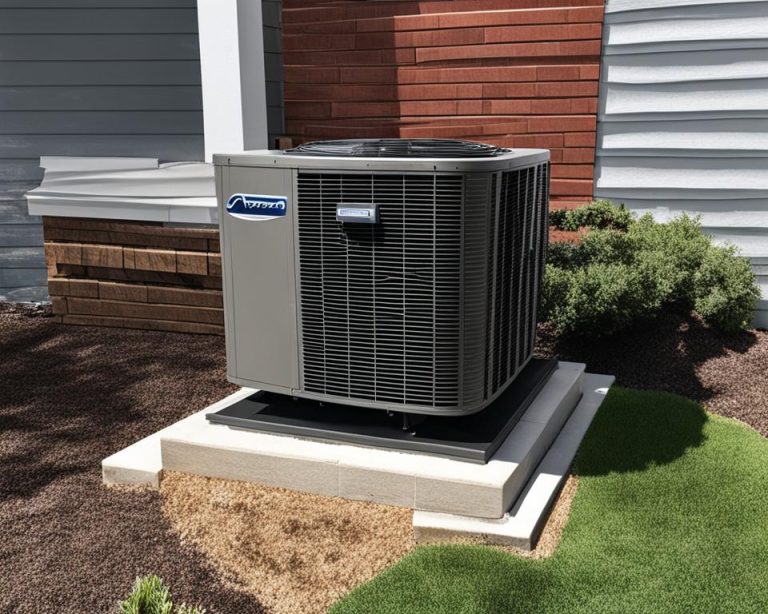
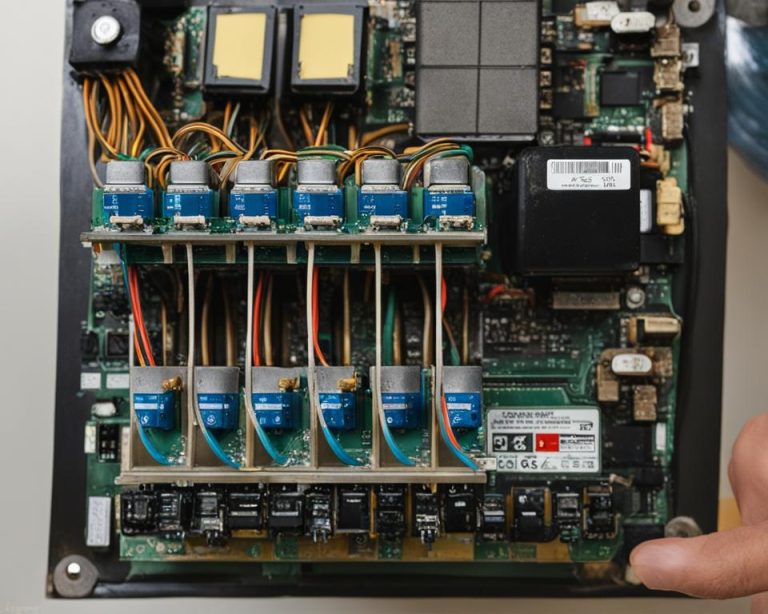
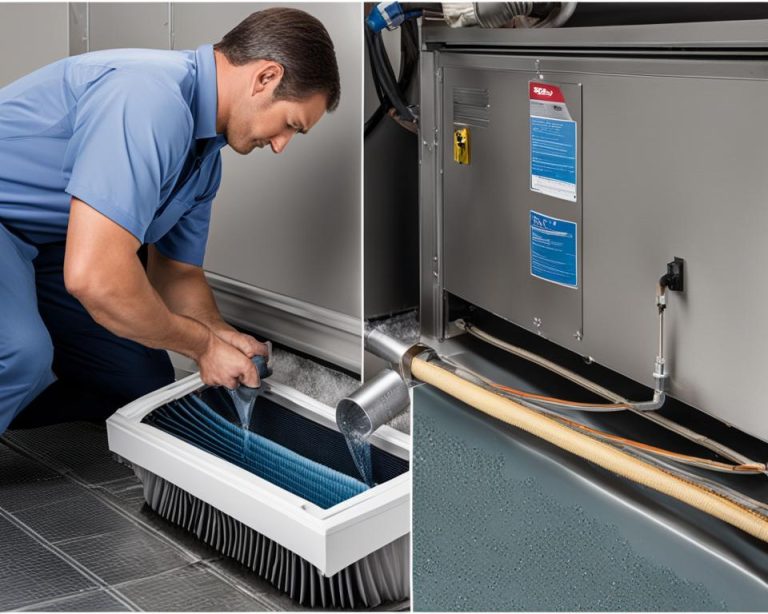

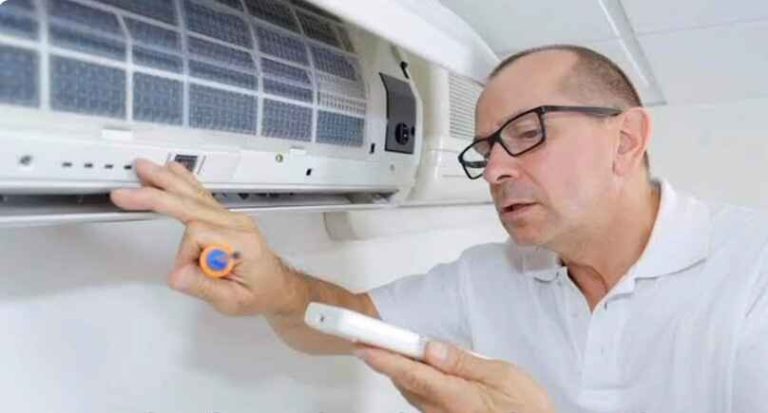
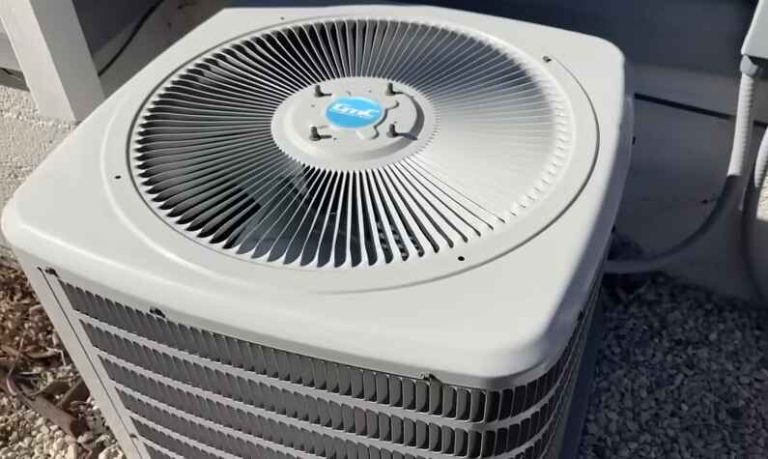
8 Comments